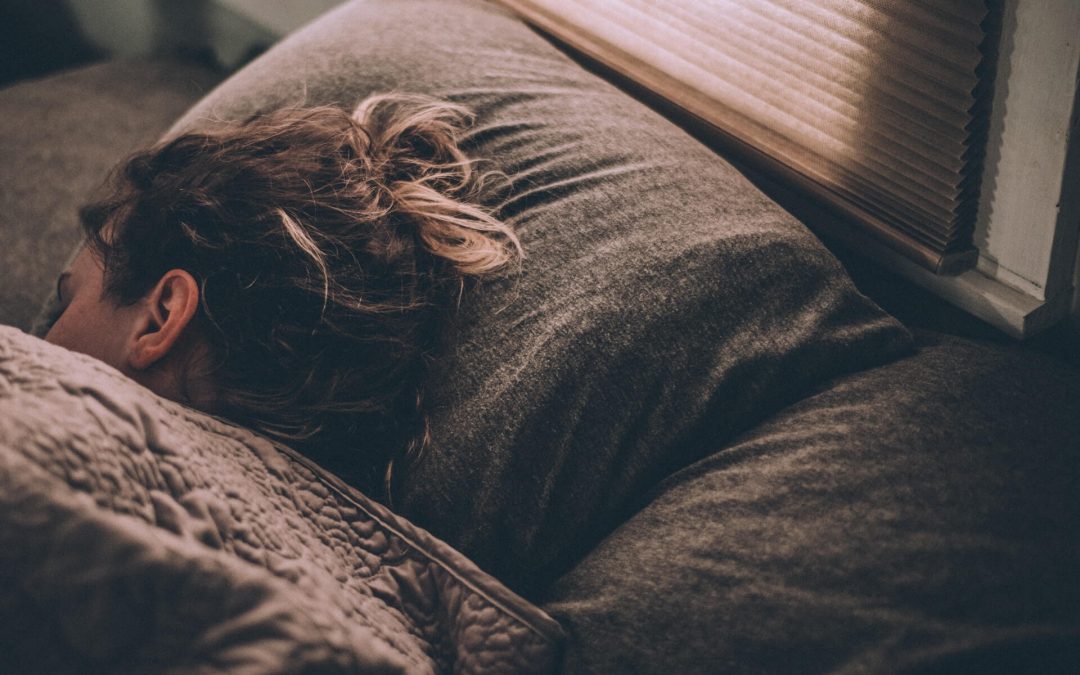All living creatures need sleep. If It’s the state during which they’re most vulnerable, why didn’t evolution do away with it? It must be because it’s absolutely essential. The question is: why?
Imagine a drug commercial that advertised a substance that would: increase learning ability, memory, and problem-solving skills; stave off heart disease, cancer, diabetes and even death; boost mental, physical and emotional health; help us recover from illness; and improve motor skills. All this with no negative side effects. And guess what? It’s also completely free! These are some of the effects offered to you each night when you sleep.
A problem that we run into in modern society is that sleep is no longer prioritized. It’s even common practice for people to brag about how hard they work and how much sleep they sacrifice to do it. They get used to functioning at suboptimal levels. Another issue is the misunderstanding that only the amount of sleep that we get matters when, in actual fact, the quality of sleep is vitally important. Every night our brains switch between Rapid Eye Movement (REM sleep) and Non-Rapid Eye Movement (NREM) sleep. NREM sleep is responsible for consolidating new memories by moving them from the short-term memory to the long-term memory centres of your brain, thereby storing raw data and skills. REM sleep integrates this new information by drawing connections with your past knowledge and experience to develop new insights, points of view and to problem solve in novel ways. If you miss out on either of these, you miss out on their nighttime gifts.
5 tips to make sleeping easier and better:
- Form habits. Get good at going to sleep at the same time every night, and waking up at the same time every morning.
- Dim the lights. In order for melatonin levels to get high enough to help you to maintain a healthy sleep time, it’s important to avoid bright lights and screens. LED screens are especially bad as they emit blue light and radically reduce melatonin secretion. Think about the colours of the sunset, nature’s bedtime indicator, the reds and oranges are on the opposite side of the visual spectrum to blue.
- Keep it cool. Have you ever wondered why you find it easier to fall asleep in a room that’s cool over one that’s warm? Our bodies need to drop our core temperatures by about 1 degree Celsius to initiate good sleep.
- Avoid alcohol and caffeine. Not many people are surprised about coffee interfering with sleep as it’s a known stimulant. What comes as more of a surprise is that even if you can fall asleep easily after drinking coffee, it will still affect your quality of sleep by preventing you from sleeping deeply. The story with alcohol is different, however, as most people think that it helps them fall asleep. What it does instead is to knock your brain out, not induce natural sleep. This will fragment your sleep, cause you to wake up more often during the night, and prevent you from dreaming.
- Keep your bedroom for sleeping. If you don’t fall asleep within about 20 minutes, or you wake up and can’t fall asleep again, don’t lie in your bed. Go to another room and read with dim lights, avoiding screens and the kitchen. Only go back to bed when you feel sleepy. You need to relearn to associate your bed with sleeping, not with lying awake tossing and turning.
The biggest mistake we see people make when it comes to sleep is that we de-prioritise it. We put work and Netflix above sleep. Hopefully, after you read this article, you will prioritise sleep more effectively.
References:

